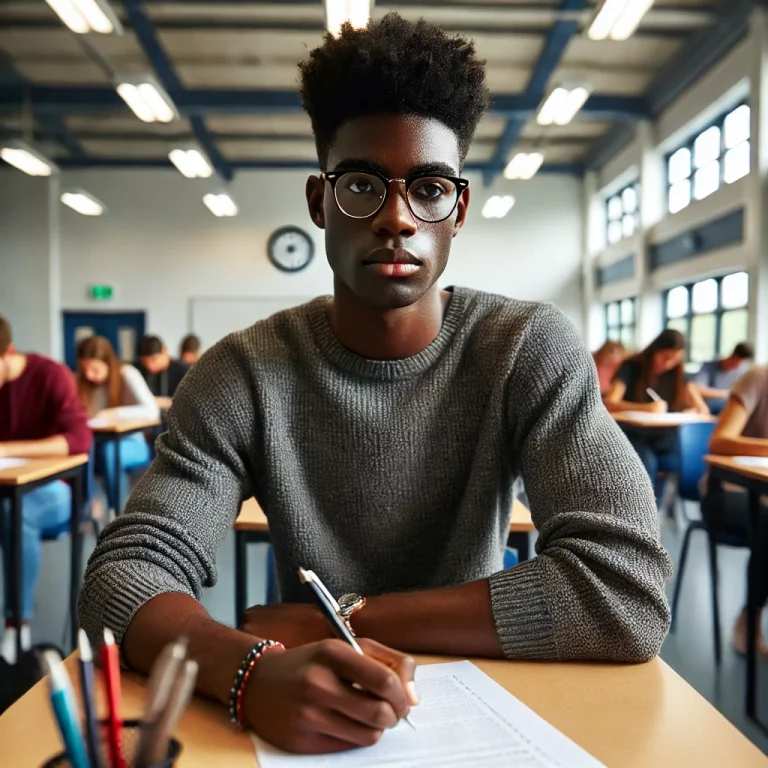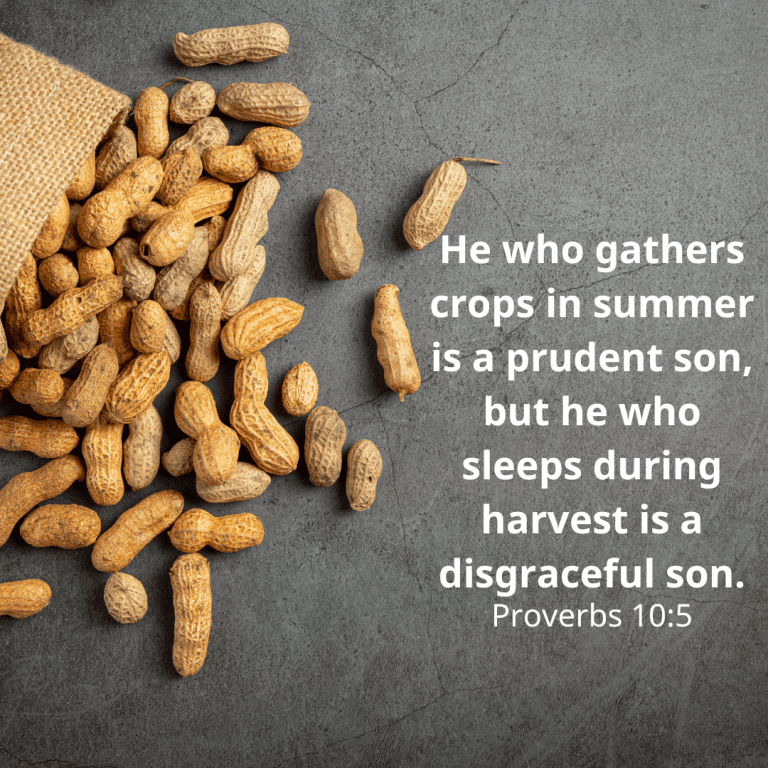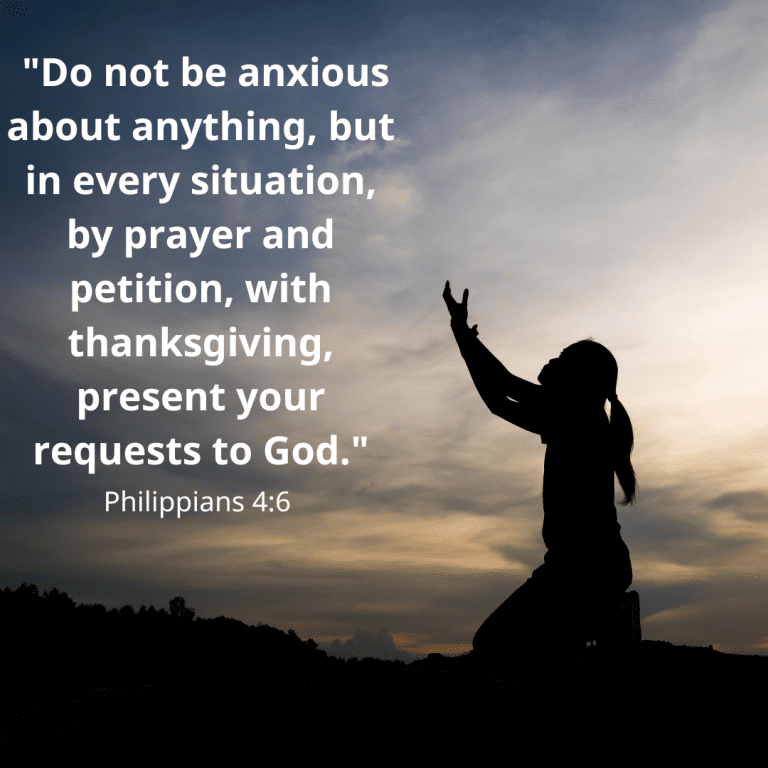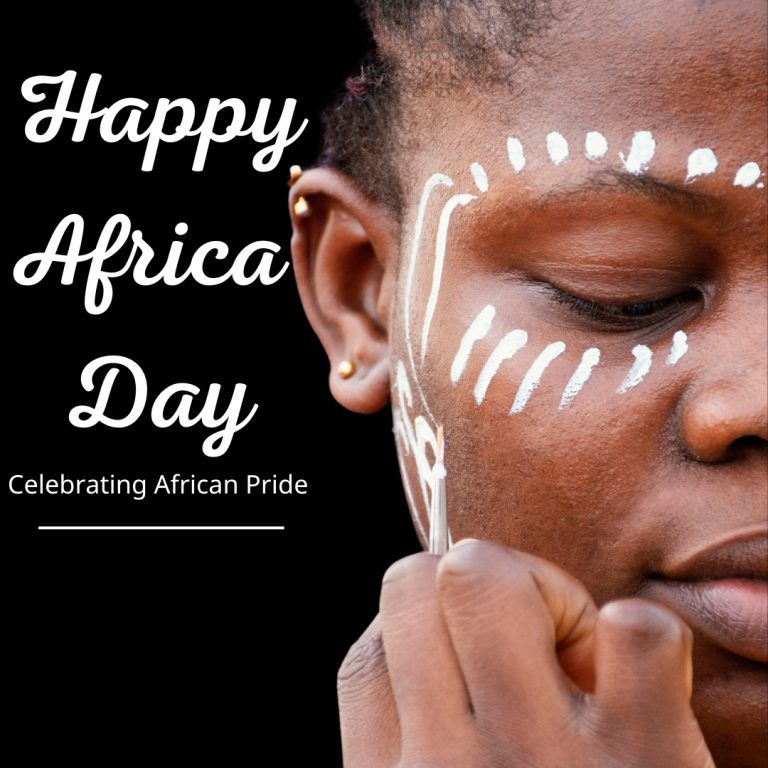1 But now to continue—the son who will receive his father's property is treated just like a slave while he is young, even though he really owns everything. 2 While he is young, there are men who take care of him and manage his affairs until the time set by his father. 3 In the same way, we too were slaves of the ruling spirits of the universe before we reached spiritual maturity. 4 But when the right time finally came, God sent his own Son. He came as the son of a human mother and lived under the Jewish Law, 5 to redeem those who were under the Law, so that we might become God's children.
6 To show that you are his children, God sent the Spirit of his Son into our hearts, the Spirit who cries out, “Father, my Father.” 7 So then, you are no longer a slave but a child. And since you are his child, God will give you all that he has for his children.
Paul's Concern for the Galatians
8 In the past you did not know God, and so you were slaves of beings who are not gods. 9 But now that you know God—or, I should say, now that God knows you—how is it that you want to turn back to those weak and pitiful ruling spirits? Why do you want to become their slaves all over again? 10 You pay special attention to certain days, months, seasons, and years. 11 I am worried about you! Can it be that all my work for you has been for nothing?
12 I beg you, my friends, be like me. After all, I am like you. You have not done me any wrong. 13 You remember why I preached the gospel to you the first time; it was because I was sick. 14 But even though my physical condition was a great trial to you, you did not despise or reject me. Instead, you received me as you would an angel from heaven; you received me as you would Christ Jesus. 15 You were so happy! What has happened? I myself can say that you would have taken out your own eyes, if you could, and given them to me. 16 Have I now become your enemy by telling you the truth?
17 Those other people show a deep interest in you, but their intentions are not good. All they want is to separate you from me, so that you will have the same interest in them as they have in you. 18 Now, it is good to have such a deep interest if the purpose is good—this is true always, and not merely when I am with you. 19 My dear children! Once again, just like a mother in childbirth, I feel the same kind of pain for you until Christ's nature is formed in you. 20 How I wish I were with you now, so that I could take a different attitude toward you. I am so worried about you!
The Example of Hagar and Sarah
21 Let me ask those of you who want to be subject to the Law: do you not hear what the Law says? 22 It says that Abraham had two sons, one by a slave woman, the other by a free woman. 23 His son by the slave woman was born in the usual way, but his son by the free woman was born as a result of God's promise. 24 These things can be understood as a figure: the two women represent two covenants. The one whose children are born in slavery is Hagar, and she represents the covenant made at Mount Sinai. 25 Hagar, who stands for Mount Sinai in Arabia, is a figure of the present city of Jerusalem, in slavery with all its people. 26 But the heavenly Jerusalem is free, and she is our mother. 27 For the scripture says,
“Be happy, you childless woman!
Shout and cry with joy, you who never felt the pains of childbirth!
For the woman who was deserted will have more children
than the woman whose husband never left her.”
28 Now, you, my friends, are God's children as a result of his promise, just as Isaac was. 29 At that time the son who was born in the usual way persecuted the one who was born because of God's Spirit; and it is the same now. 30 But what does the scripture say? It says, “Send the slave woman and her son away; for the son of the slave woman will not have a part of the father's property along with the son of the free woman.” 31 So then, my friends, we are not the children of a slave woman but of a free woman.
Led̶a ildi letṯo d̶wonaṯa ig-Almasiya laɽo ləd̶ia ɽ-Rəmwa
1 Fəŋen iŋi igəndəlwaɽəṯia, id̶ia igi gərraṯa elaŋge leṯen, liga gəɽo ŋere məldin gënəŋu garno ebai, orn laŋge pred̶ əllëɽəŋu. 2 Gënəŋu gafo eŋen ŋəled̶a ildi ɽrəmoṯwa laŋge əllëɽəŋu, ŋen liga ləmulu ləməndëd̶ənia ildi eṯen gëɽu. 3 Nṯia nëndr com, liga ləgəfr ləgəɽr ñere ñaməraṯo məldin, ləgafr ləgëndənr ŋenŋa ŋunsila nalo. 4 Orn ndə liga leṯo d̶əge ildi Rəmwa rëɽu, Rəmwa rad̶waṯo Id̶ia gəlëɽəŋu igi gələŋənu igwuji gəɽəbwa, na igi com gəfo gerldo Alganunya y-Alyawuḏ, 5 ṯa aŋəpəɽe led̶a ildi ləfo lëndənu Alganunya, ṯa nëndr alid̶ənr ləd̶ia ɽ-Rəmwa. 6 Na ŋen ŋanṯa ñaŋ ñagaɽo ləd̶ia ɽ-Rəmwa, rënəŋu rad̶waṯo Usila g-Id̶ia gəlëɽəŋu enare mendr, igi gurndəd̶ia pəlelo, “Abba, fəŋu Bapa.” 7 Ŋen ŋafəṯia ñaŋ pred̶ gerṯe ñagaɽo ləbai məldin, orn ñagaɽo ləd̶ia ɽ-Rəmwa, na ndə ñagəɽo ləd̶ia əllëɽəŋu d̶eṯəm ñagaɽo led̶a ildi lərraṯa eŋen ŋəlëɽəŋu, na ñagaɽo ṯia ŋenŋa ŋə-Rəmwa d̶urri.
Ŋen Bulus gəbekeɽəd̶ia led̶a ṯa alerṯe lokoɽəbaṯa nḏurṯu
8 Pənde ñagaɽo ləbai limwa isi yero yeña d̶urri ŋen ŋanṯa ñagafo ñagaijəba Rəmwa irri rəd̶eṯəm. 9 Orn d̶əñid̶i ŋen ñaŋ ñagaləŋeṯo Rəmwa walla d̶eṯəm Rəmwa raləŋeṯənde, fəṯau ñagəɽwad̶aṯa ñagəred̶ia eŋen ŋə-Rəmwa ñoɽəbaṯe eŋen eŋalo iŋi ŋëbia na ŋəpiano? Na fəṯau ñagəɽwad̶aṯa ñagwonaṯa ñagəɽia ləbai təŋ ləŋen iŋi? 10 Ñagateṯo ŋen kaiñ ŋəliga na ŋəñoman na ŋənubwa na ŋənṯəlia! 11 Igad̶əñialo aŋgaica igid̶iandau ŋəmëɽria məɽəməɽeñ.
12 Egandeɽəd̶ia, lorldaiñ, ṯa ñaɽeṯe garno ñi, ŋen ŋarno egəfo egarno ñaŋ. Ñagero ñagəñənaica ŋen ŋənəŋ ŋeicia kwai kwai. 13 Ñaŋ ñagaləŋeṯo ṯa igërrəŋaicənde ŋen ŋəŋəra ŋə-Rəmwa ananoŋ, ŋen ŋanṯa egafo igwuma. 14 Đəmwa id̶i d̶aɽo ŋen ŋinia eñaŋ orn ñagero ñagəñəd̶aməca eŋen na ñagero ñagəñəned̶a. Ñagəŋënṯiñi garno malaiyəka yi-Rəmwa, d̶eṯəm garno Almasiya Yesu d̶urri. 15 Ñagafo ñagaŋəra nano, orn d̶əŋəra nano ed̶alo d̶uŋga d̶əñid̶i? Ŋen ŋanṯa egero d̶aməd̶aṯa eñaŋ ṯa gəbanṯa ñagəɽwad̶aṯa ñaguɽəd̶aṯa isi alo esalo ṯa ñañənaice ndə ñagəɽwad̶aṯa ñagəbəd̶ia ṯia. 16 Gaɽe egaɽo ed̶a gəgeiyande ŋen ŋanṯa igandəɽwatiṯia ŋen ŋəd̶eṯəm? 17 Led̶a lakəl labəŋaid̶ia ṯa landəṯoɽaṯa ŋopia orn gerṯe eŋen ŋəd̶urwaṯo. Lënəŋulu lwonaṯa ləndətəriṯia ñi nano, ṯa ñaŋ ñaŋaid̶i d̶əṯoɽaṯa ŋopia iŋulu d̶arno laŋaid̶u eñaŋ. 18 Fəŋen ŋəŋəra ndə ed̶a gəndəṯoɽaṯa ŋopia ndə gəbəd̶ia ṯia eŋen ŋəd̶urwaṯo na jaica jaica gerṯe iliga igënəñi ləgəfr ikərəŋ. 19 Ya ñere ñəlëɽəñi ñəbwaniya! Egarno wuji igi ŋere ŋəmasaṯa ŋen ŋanṯa ñaŋ məldin, ṯa Almasiya aŋəfeṯe ŋopia eñaŋ. 20 Egafo egwonaṯa ṯa alfiar d̶əñid̶i, na ṯa eɽwad̶aṯe igəməlëd̶ia olia gəlëɽəñi rad̶əra rwomən, ŋen ŋanṯa igatësənia eŋen eŋalo!
Ŋen ŋəwujənu ŋ-Ajər na Sara
21 Lwaɽəṯiñr, ñaŋ ñəŋgi ñagwonaṯa ñagəbëndənia ŋenŋa ŋ-Alganun, ñaŋ ñaganed̶o ṯa ñagənna ŋen ŋ-Alganun? 22 Ŋen ŋanṯa ŋen ŋawërd̶ənu ṯa Ibrayim gerṯo ləd̶ia ləɽijan. Id̶ia gənəŋ galəŋənu igwuji gəɽo ebai na id̶ia gwomən galəŋənu igwuji gero gəɽia ebai. 23 Orn id̶ia gəŋere ŋəɽo ebai galəŋənu eŋen ŋalo, orn id̶ia gwuji gero gəɽia ebai galəŋənu ṯa ŋen iŋi Rəmwa rëɽu ṯa ŋid̶i aŋəfeṯe. 24 Ŋen iŋi ŋəwujənu ŋen ŋanṯa liji ildi əɽəlda laɽo d̶ərreid̶ia eŋen d̶əɽijan. Wuji gənəŋ geṯo naiyən yibërnia Sina na gënəŋu galəŋo ləd̶ia ildi lid̶i alɽeṯe ləbai. Gënəŋu gəbërnia Ajər. 25 Na Ajər gaɽo irəŋ gaiyən yi-Sina alo y-Arabia. Gënəŋu garno alo yi-Ursalim d̶əñid̶i ŋen ŋanṯa alo yi-Ursalim na ləd̶ia əllëɽəŋu laɽo ləbai. 26 Orn alo yi-Ursalim isi yefo elo yero yibëndənia na yënəŋu yaɽo ənna igëndr. 27 Ŋen ŋanṯa ŋen ŋawërd̶ənu ṯa,
“Ŋəreṯo nano ya wuji ŋəŋgi agəɽo ltəm ŋəŋgi agero agələŋa ŋere kwai kwai.
Twod̶o ŋarəjaice olia aganəŋa ŋəŋgi agero auɽiña ŋen ŋanṯa wuji gəɽo ltəm gerṯo ñere ñwaiña gaməñaṯa wuji gerṯo ebaŋgen.”
28 Orn nëndr, lorldaiñ ləgaɽr ləd̶ia garno Isag ləŋgr ləgaləŋənr ṯa ŋen iŋi Rəmwa rëɽu aŋəfeṯe. 29 Orn garno iliga lakəl ləpənde id̶ia igi gələŋənu eŋen ŋalo gananaico id̶ia gərto ŋen ŋubwa igi gələŋənu ŋabəɽaŋa ŋ-Usila gə-Rəmwa, fəṯia com d̶əñid̶i. 30 Orn ad̶am gə-Rəmwa gaṯa ṯau? Gaṯa, “Lëldiñu ŋere iŋi ŋəɽo ebai na id̶ia gəlëɽəŋu, ŋen ŋanṯa id̶ia gəŋere ŋəɽo ebai laber lid̶i alərraṯe eŋen id̶iaga gwuji gero gəɽia ebai.” 31 Ŋen ŋafəṯia lorldaiñ, lëndr gerṯe ləgaɽiar ləd̶ia lwuji igi gəɽo ebai orn ləgaɽiar ləd̶ia ləwuji gero gəɽia ebai.




